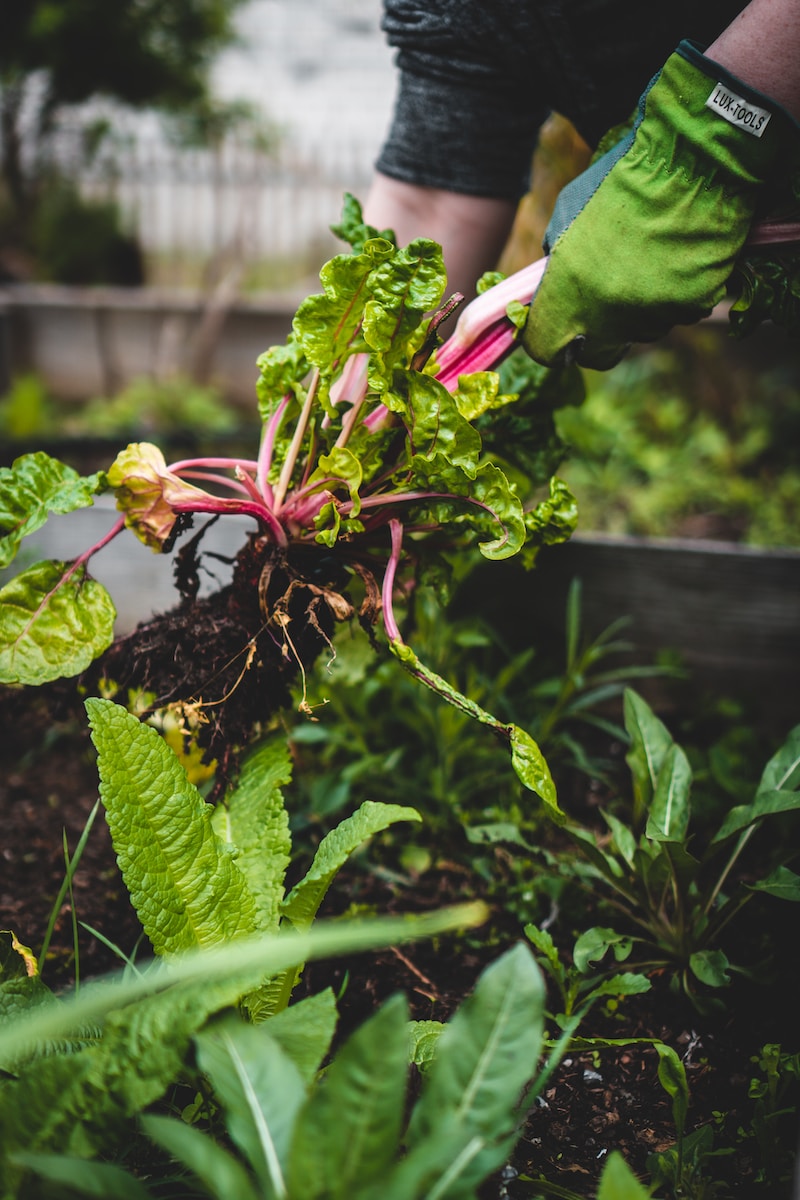Introduction
Sustainable foraging is the practice of harvesting wild foods in a way that maintains or improves the natural environment. As interest in local, organic, and wild foods grows, foraging has gained popularity. This practice, when done responsibly, can be a sustainable way to enjoy nature’s bounty. This article explores the principles of sustainable foraging, benefits and challenges, identifying edible plants and fungi, the role of community in foraging, legal and ethical considerations, and future trends in sustainable foraging.
Principles of Sustainable Foraging
Sustainable foraging is grounded in the principles of conservation and respect for nature. It involves harvesting in a way that minimizes impact on the ecosystem, ensuring that plants or fungi can continue to grow and reproduce. Key principles include taking only what you need, leaving enough for wildlife and regrowth, and avoiding rare or endangered species.
Benefits and Challenges of Foraging
Foraging connects people with nature and can provide nutritious, locally sourced food. It encourages a deeper understanding of ecosystems and food sources. However, challenges include the risk of overharvesting and potential damage to natural habitats. Foragers must also be aware of the risks of misidentifying edible species, which can lead to serious health consequences.
Identifying Edible Plants and Fungi
Knowledge is critical in foraging. Foragers must be able to accurately identify edible plants and fungi, as well as understand their growth patterns and habitats. Utilizing field guides, participating in local foraging workshops, and learning from experienced foragers are excellent ways to gain this knowledge. Digital tools and apps are also emerging to assist in identification.
The Role of Community in Foraging
Community plays a vital role in sustainable foraging. Local foraging groups and societies can share knowledge, monitor and protect local ecosystems, and help regulate foraging practices. Community engagement also promotes the sharing of foraging spots responsibly, respecting the balance between public knowledge and the need to protect resources.
Legal and Ethical Considerations
Foraging involves various legal and ethical considerations. Laws regarding foraging differ by region and land ownership. Foragers must obtain permission where required and adhere to local regulations. Ethically, foragers should practice discretion when sharing locations of foraging spots to avoid attracting large numbers of people, which could lead to overharvesting.
Future Trends in Sustainable Foraging
As interest in sustainability and local foods continues to grow, sustainable foraging is likely to become more mainstream. This could lead to more educational resources and community initiatives focused on responsible foraging. Technology will play a role in spreading knowledge and promoting sustainable practices. However, this increased interest must be balanced with continued efforts to protect and preserve natural ecosystems.
Conclusion
Sustainable foraging offers a way to connect with nature, understand our ecosystems, and enjoy natural foods. As this practice grows in popularity, it is crucial to adhere to principles of sustainability, respect legal and ethical boundaries, and engage in community-led efforts to ensure that foraging remains a responsible and enriching activity.
